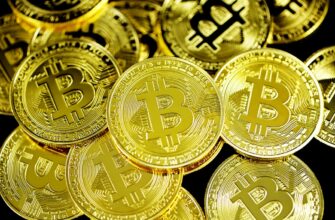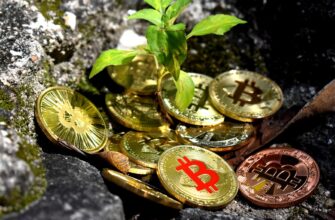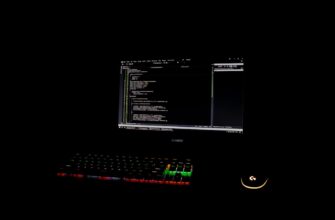What Are NFTs?
Non-Fungible Tokens (NFTs) are unique digital assets stored on a blockchain, representing ownership of items like art, music, or virtual real estate. Unlike cryptocurrencies such as Bitcoin, which are interchangeable, each NFT has distinct information that makes it one-of-a-kind. This uniqueness allows NFTs to verify authenticity and ownership in the digital world.
How Do NFTs Relate to Cryptocurrency?
NFTs and cryptocurrencies both use blockchain technology, but they serve different purposes. Cryptocurrencies act as money, while NFTs prove ownership of digital items. Most NFTs are built on Ethereum, though other blockchains like Solana and Flow also support them. Purchasing NFTs typically requires cryptocurrency, linking them closely to the crypto economy.
Key Features of NFTs
- Uniqueness: Each NFT has metadata that distinguishes it from others.
- Ownership Transparency: Blockchain records make ownership publicly verifiable.
- Interoperability: NFTs can be traded across platforms and apps.
- Smart Contracts: Automate royalties for creators on resales.
Common Use Cases for NFTs
- Digital Art: Artists tokenize work for direct sales (e.g., Beeple’s $69M sale).
- Collectibles: Virtual trading cards (NBA Top Shot) or profile pictures (CryptoPunks).
- Gaming: In-game items like skins or land (Axie Infinity).
- Virtual Real Estate: Platforms like Decentraland sell NFT-based land parcels.
How to Buy and Sell NFTs
- Set up a crypto wallet (MetaMask, Coinbase Wallet).
- Buy cryptocurrency (ETH, SOL) via an exchange.
- Choose a marketplace (OpenSea, Rarible).
- Connect your wallet and bid or buy.
- Pay gas fees for blockchain transactions.
Risks and Challenges
- Volatility: NFT prices can fluctuate wildly.
- Scams: Fake listings or phishing attacks.
- Environmental Impact: High energy use (though Ethereum’s shift to proof-of-stake reduces this).
Frequently Asked Questions (FAQ)
Q: How is an NFT different from cryptocurrency?
A: Cryptocurrencies are interchangeable (like money), while NFTs are unique assets.
Q: Can I create my own NFT?
A: Yes! Use platforms like OpenSea or Mintable to mint NFTs for a fee.
Q: Are NFTs a good investment?
A: They’re speculative. Research thoroughly and invest cautiously.
Q: Do NFTs have legal protections?
A: Ownership is blockchain-verified, but copyright laws vary. Consult legal experts.
Q: Why do NFTs use so much energy?
A: Proof-of-work blockchains (e.g., Ethereum pre-2022) require energy-intensive mining. Newer blockchains use eco-friendly methods.








